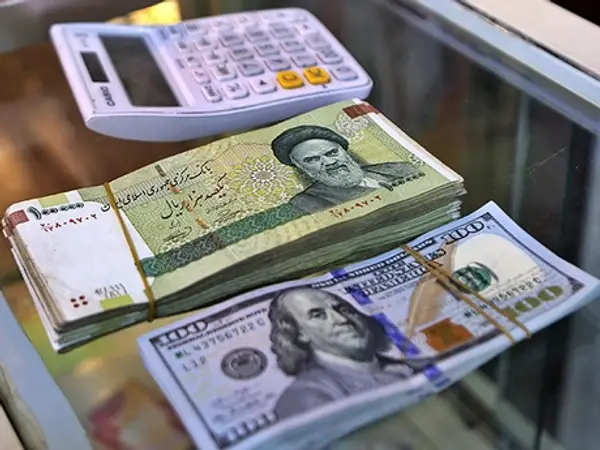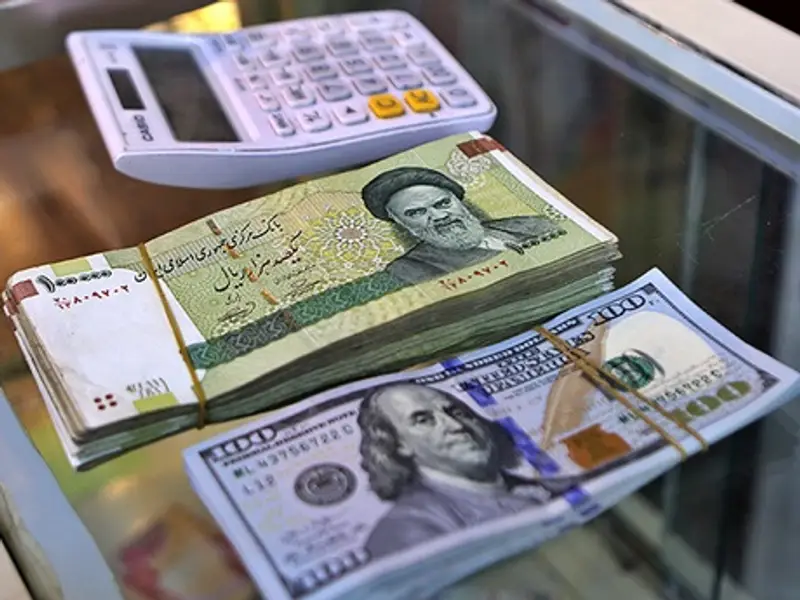Several members of Iran’s parliament have warned that scrapping cheap government dollars for imports of essential goods can lead to even higher prices in soon.
President Ebrahim Raisi’s government has announced plans to stop providing dollars at a seven-fold cheaper exchange rate to importers of essential food staples, animal feed and possibly some medicines, as it faces a revenue crunch amid continuing US sanctions.
The special exchange rate was introduced in 2018 to control inflation when the United States pulled out of the Obama-era nuclear agreement known as JCPOA and imposed crippling sanctions on the Islamic Republic.
However, media and politicians have charged that the cheap dollars led to large-scale corruption as individuals and companies pretended to be importing essential goods while either speculating in the currency market or importing luxury goods.
It is still not clear if the government wants to completely scrap the cheap import dollars, which is essentially a subsidy or maintain support for animal feed and medicines. Prices have been rising alarmingly, leading to warnings of social unrest.
Iran is engaged in talks to resolve its nuclear dispute with the West, which would remove US sanctions, but so far months of negotiations have not led to an agreement.

